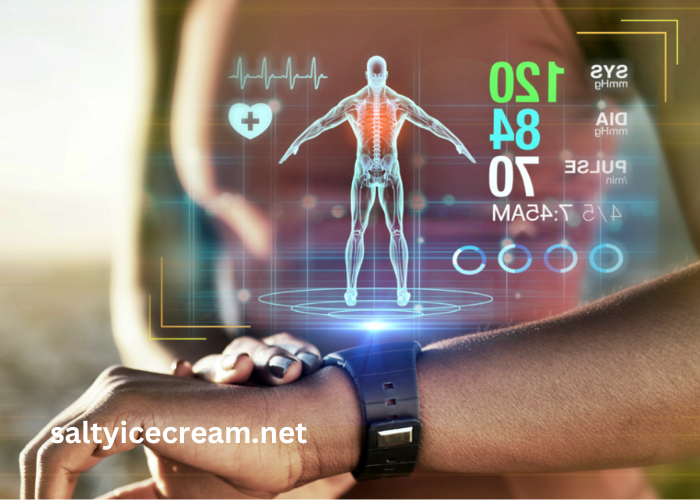Wearable technology is reshaping the healthcare industry, enabling real-time monitoring, personalized wellness plans, and preventive care. From fitness trackers to advanced medical devices, wearables empower individuals to take control of their health. This article delves into the latest wearable tech trends revolutionizing healthcare and their profound impact on users and the medical field.
1. Introduction: The Rise of Wearable Tech in Health
Wearable technology bridges the gap between personal health management and professional medical care. These devices provide actionable insights, enhance patient outcomes, and foster a proactive approach to health. Understanding these trends is crucial to appreciating their transformative potential.
2. Evolution of Wearable Technology in Healthcare
Wearables have evolved from simple pedometers to sophisticated devices capable of tracking vital signs and detecting anomalies. This section explores the journey of wearable tech and its growing integration into modern healthcare systems.
3. Fitness Trackers: Beyond Steps and Calories
Fitness trackers, such as Fitbit and Garmin, now go beyond basic metrics. Advanced features include heart rate monitoring, sleep tracking, and stress management tools, helping users maintain a holistic approach to wellness.
4. Smartwatches: A Gateway to Health Monitoring
Smartwatches like the Apple Watch and Samsung Galaxy Watch offer comprehensive health features, including ECG monitoring, blood oxygen measurement, and fall detection, making them indispensable for everyday health tracking.
5. Continuous Glucose Monitoring for Diabetes Management
Wearable CGM devices like the Dexcom G7 and FreeStyle Libre provide real-time blood glucose data for diabetics. These innovations enhance diabetes management, enabling timely interventions and better long-term outcomes.
6. Wearable ECG and Heart Health Devices
Devices like KardiaMobile and Withings ScanWatch monitor cardiac health through ECG tracking. These tools allow users to detect irregular heart rhythms, such as atrial fibrillation, empowering early diagnosis and treatment.
7. Wearable Blood Pressure Monitors
Wearables like Aktiia and Omron HeartGuide provide continuous blood pressure monitoring. These innovations offer a convenient alternative to traditional methods, promoting better hypertension management.
8. Stress and Mental Health Monitoring
Devices with stress-tracking features, like Fitbit Sense and Whoop, help users understand their mental health. By analyzing stress levels, heart rate variability, and sleep patterns, wearables encourage mindfulness and stress reduction.
9. Smart Clothing and Biosensors
Smart clothing embedded with biosensors tracks metrics such as muscle activity and respiratory rates. Products like Hexoskin Smart Shirts are transforming athletic performance monitoring and rehabilitation therapy.
10. Wearable Pain Management Devices
Innovations like Quell and Cefaly offer wearable pain relief solutions using neuromodulation technology. These devices provide non-invasive, drug-free options for managing chronic pain and migraines.
11. Women’s Health and Fertility Trackers
Wearables like Ava and Tempdrop are tailored for women, offering features like ovulation tracking and menstrual health insights. These tools support fertility planning and reproductive health management.
12. Wearable Tech in Rehabilitation and Physical Therapy
Wearables like Hinge Health and ExoRehab track mobility and assist in physical therapy. By providing real-time feedback, these devices enhance recovery and improve therapy outcomes.
13. AI Integration in Wearable Tech
AI enhances wearable tech by analyzing large datasets to provide personalized health insights. AI-driven wearables predict health risks and offer actionable recommendations, revolutionizing preventive care.
14. Privacy Concerns and Challenges
While wearable tech offers immense benefits, concerns about data privacy and security persist. Addressing these issues ensures user trust and encourages widespread adoption of health-focused wearables.
15. Conclusion: The Future of Wearable Tech in Healthcare
Wearable technology is revolutionizing healthcare, promoting preventive care and personalized wellness. As innovations continue, these devices will play a pivotal role in reshaping how individuals and professionals approach health management.
Embracing these trends can lead to healthier lives, empowered by data-driven insights and seamless healthcare integration. Wearable tech is not just a trend; it’s a transformative force in modern medicine.

